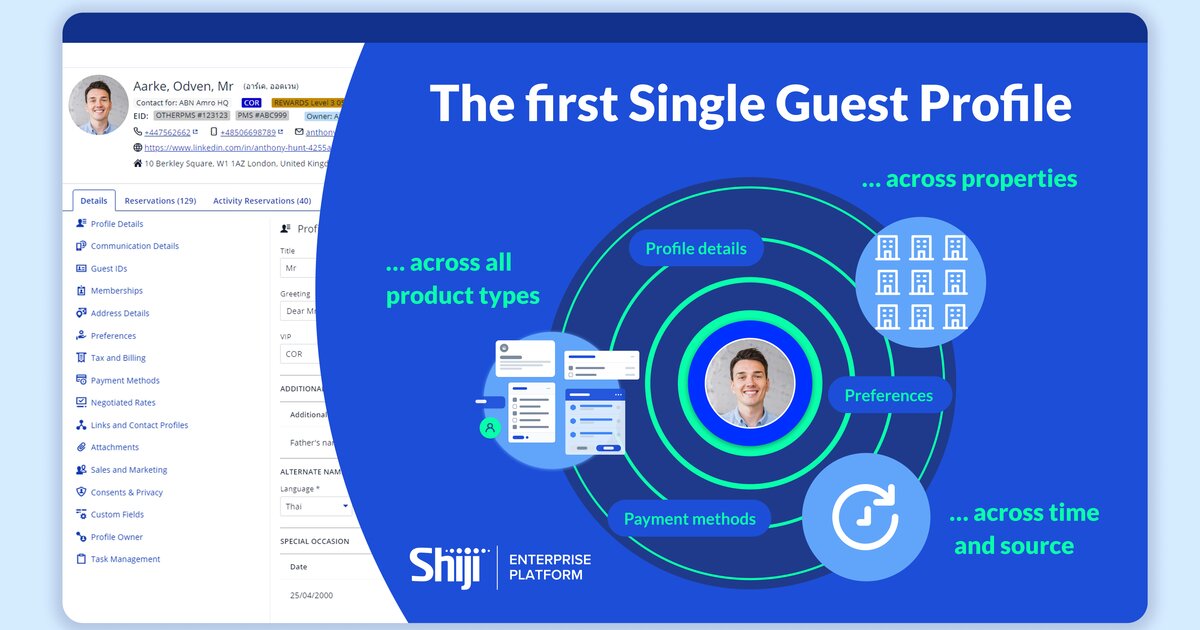
Hospitality technology provider Shiji has revealed a significant upgrade to its enterprise platform’s Single Guest Profile.
The new rollout sees management of guest information across multiple properties within a hotel brand or group.
Guest preferences, consumption patterns, and behavioral data are shared across all properties locally and globally.
This functionality not only personalises the guest experience but also improves operational efficiency by offering hotel staff a 360-degree view of each guest.
Kevin King, CEO of Shiji Inrernational, said: “By reducing data silos and unifying guest profiles, we enable hotels to provide tailored service to guests across multiple touchpoints. This not only enhances service delivery but also opens up opportunities for targeted marketing, upselling, and loyalty programs.”
The firm said data privacy and security remain at the forefront of this feature’s design.
Guest data is stored securely within the hotel’s infrastructure.
“We are a security-first organisation, and with this feature, we ensure that hotels control their guest data while adhering to the strictest data privacy standards,” he said.
“This centralised system reduces the risks associated with managing data across multiple platforms.”
The upgraded feature is the intelligent profile duplication management system, which leverages AI to suggest duplicate profiles for merging.
It integrates with other systems that require guest data and once approved, third party providers can connect to the guest profile and enrich them.
Shiji’s Single Guest Profile allows guests to have control over how their data is shared.
Guests have the ability to opt in or out of sharing their profiles across properties, ensuring their data is handled according to their preferences.
King added: “The Single Guest Profile is a cornerstone of our platform, centralising guest information across various systems such as PMS, point of sale, dining, and activities.
“Every guest interaction, whether at the hotel or through one of our integrated solutions, is instantly reflected in the profile, making it available across the entire system network.”






